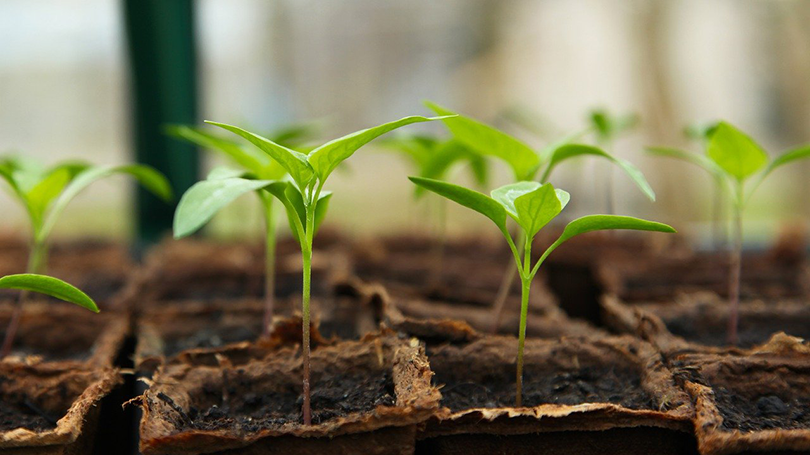
- About
- Education
- Research
- Engagement & Collaboration
- News & Events
Back to Top Nav
Back to Top Nav
Back to Top Nav
Back to Top Nav
The Arthur L. Irving Institute for Energy and Society at Dartmouth is pleased to announce that three energy and society projects have been awarded funding during the 2021-22 Seed Grant cycle.
The Seed Grant Program seeks to advance innovative, multidisciplinary, collaborative energy and society research around energy and society topics. Applicants are encouraged to consider the critical barriers that are hampering transitions to energy systems that are sustainable, resilient, and equitable and to develop proposals that could overcome those barriers or shed new light on how they might be addressed.
Projects that received funding during the most recent award cycle are:
Energy Justice: Pedagogy and Practice
Principal Investigators: Sarah Kelly and Maron Greenleaf (Anthropology)
Project Abstract: This project aims to: 1) create a service learning experience focused on energy justice for Dartmouth students, 2) provide valuable services to community partners, and 3) contribute to the growth of critical social science curriculum on energy at Dartmouth. Energy justice is a growing field of scholarly research and a focal point of community activism around the world. Concretely, we propose to create an energy justice clinic at Dartmouth College and integrate community-based learning with two linked justice-oriented courses offered by the Anthropology Department and cross-listing department(s). We will build off a popular course in its fourth year, Environmental Justice, and develop a new course: Energy Justice. The clinic will involve students from the two classes, allowing for continuity across two terms, as well as allowing for some extracurricular participation. This design will allow us to create continuity in the Energy Justice Clinic as well as increase student participation in the new course offering.
Soil Incubation Experiments to Inform a Strategy for Cellulosic Biofuel Production that Avoids Land Competition and Enhances Soil Health
Principal Investigators: Assistant Professor Caitlin Hicks Pries (Biological Sciences) and Professor Lee Lynd (Engineering)
Project Team: Michelle Wang (student); Sarah Goldsmith (staff, Biological Sciences)
Project Abstract: The world produces over 100 EJ of inedible crop residues that if converted to liquid biofuels could satisfy the majority of global demand for difficult-to-electrify, carbon-neutral transport. Current analyses of cellulosic liquid biofuel production assume the resulting high-lignin fermentation with this assumption is that soil carbon and nutrients are depleted relative to leaving the crop residues on the field. We hypothesize that such depletion could be avoided, and net agricultural benefits achieved, if the HLFB were instead returned to the soil. To inform this hypothesis, which has potential to turn the "food vs fuel" debate on its head, we propose the first experimental study on the fate of HLFB from liquid biofuel production in agricultural soils. We will use controlled laboratory incubations to compare soil carbon and nutrient levels in soils with added HLFB from different biofuel production processes and with added corn stover. We will then use a model to scale up our results and project the effects of returning HLFB to different soil types and in different climates. This project will support a master's student and has outstanding potential to seed additional funding.
The Dartmouth Big Green-Energy House: Impacts of Geothermal Energy Technology for Agriculture
Principal Investigator: Assistant Professor Theresa Ong (Environmental Studies)
Project Team: Assistant Professor Caitlin Hicks Pries (Biological Sciences); Laura Braasch (staff, Sustainability Office); Molly McBride (staff, Sustainability Office): Alana Danieu (Research Asst),and undergraduate and graduate students
Project Abstract: Greenhouses are widely implemented tools for extending the growing season and making local food systems viable in cold regions, generating $48.3 million on just 4.5 million square feet of land in NH and VT in 2017. (USDA, 2017). However, most greenhouses are fossil fuel dependent, poorly insulated structures that require extensive and costly heating and lighting inputs during winter. In order to understand and resolve farmer barriers to clean-energy transitions, this project partners Dartmouth '21s enrolled in the capstone course of the Environmental Studies Department, ENVS50, with local farmers interested in reducing their carbon footprint. Students will design and construct a new clean-energy greenhouse at the Dartmouth Organic Farm that balances the needs of farmers, faculty, and students while utilizing passive solar measure greenhouse emissions and crop productivity to assess the energetics, ecology, and economics of the greenhouse. Broadly, we intend for the "Dartmouth Big Green-Energy House" to serve as a lighthouse model and testing site for local farmers interested in sustainable four-season production while simultaneously providing environmental consulting and research experience for our students and fresh, nutritious, low-emission produce for our community.
The Irving Institute Seed Grant Program has awarded more than $850,000 to Dartmouth researchers since its launch in 2018. Learn more about the program and explore all the funded projects here.